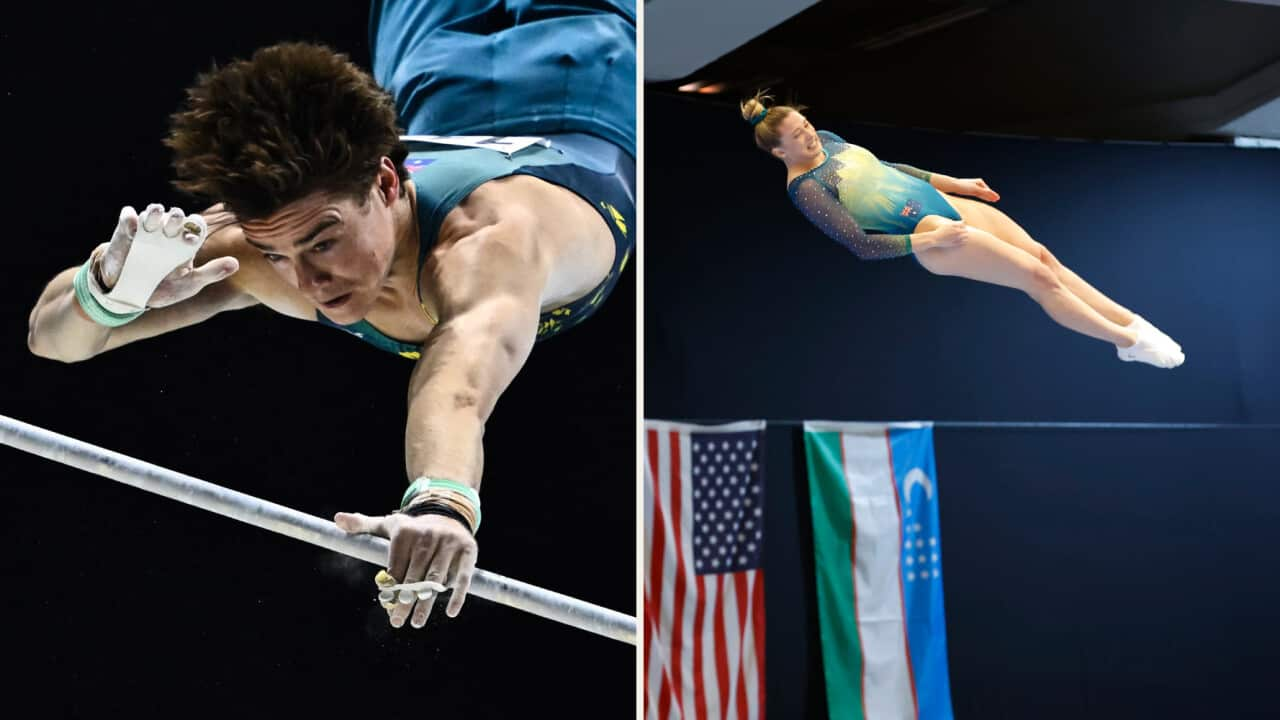Catley, 26, was left dazed and seeing double after a brush with concussion highlighted in her own mind an issue which has become a touchstone topic across British football.
The left-back’s concerns are shared by fellow Australian Montemurro, who believes a rugby-style interchange system would give medical staff time to adequately assess players who suffer head blows during games, as Catley did against West Ham in September.
Catley was withdrawn after just 19 minutes in a 9-1 win, and was subsequently kept away from training for three days.
“The medical staff asked me some questions (as part of a concussion protocol) when the incident happened and I couldn’t answer them correctly,” she recalled.
“My vision was blurred and I’d actually been knocked out for a few seconds, so they took me straight off.
“Things needs to be looked at closely, especially when there’s research showing the damage these head injuries can cause.
“Sometimes you head the ball and it feels like your brain’s shaking inside your head.
“You ask yourself, ‘is that normal’?”
Catley hasn’t played for the FA Women’s Super League leaders since the West Ham match, though that has more to do with a persistent calf injury - which she has now shaken off - than any lingering consequences from being knocked cold.
The damage caused by repeated head traumas during footballers’ careers has been headlined by a recent spate of dementia cases afflicting England 1966 FIFA World Cup winners.
Nobby Stiles passed away last month and former teammates Martin Peters and Ray Wilson were fellow sufferers.
Bobby Charlton was recently diagnosed with Alzheimer’s along with Aston Villa great Gordon Cowans.
They are just the tip of the iceberg with the PFA and FA being urged to do more to protect players.
The fractured scull suffered by Wolverhampton striker Raul Jimenez in a sickening collision with Arsenal’s David Luiz at the weekend was the latest reminder of how vulnerable players are.
“These injuries can be very serious - and it puts things into perspective,” Catley added.
“You’ve got your entire life ahead of you and anything that can lessen the risks should be looked at.
“Heading is a big part of the game but in light of what we’re seeing now I think it’s something that needs examining, especially when you’re looking at kids playing the game.
“They could and probably should be doing a lot less of it - especially in the younger age groups.
“They don’t need to be heading balls over and over.
“If it’s managed right, it probably shouldn’t be that dangerous long-term, so long as you’re not driving balls into people’s heads for an hour at training.”
Montemurro, who is working on tailoring training sessions to specifically cut down on heading drills, said the issue “needs urgent attention”.
“We have data and we need common sense to prevail here,” he said
“We’re talking about the brain and you can maybe borrow the idea of an interchange which you see in other sports.
“We need to remove any pressure to get players back out too quickly if there is a head injury during a game.
“We have information and knowledge from those other sports to make a change right now and not hang about.
“Why take any undue risks? I feel with any head injury you’d like to err on the side of caution and take the player off.”
With evidence now overwhelming of cumulative damage leading to neuro-degenerative conditions in later life, Montemurro, for one, is looking into his training protocols.
“It’s something we’re acutely aware of now and I can say that we are (going to be) limited in the amount of heading we do (in sessions).
“There are circumstances where you are all working on specific aspects like defending corners and crosses.
“But we all need to look at the amount we do during the week because there is obvious evidence that too much can lead to early-onset dementias.
“We need to be creative as coaches to make it (heading) limited without losing it as an art.
“When it comes to kids, maybe we have the technology now to design a ball that’s maybe softer or smaller which will ultimately be safer.”
Research shows that ex-footballers are three-and-a-half times more likely to die of dementia than the general population.










